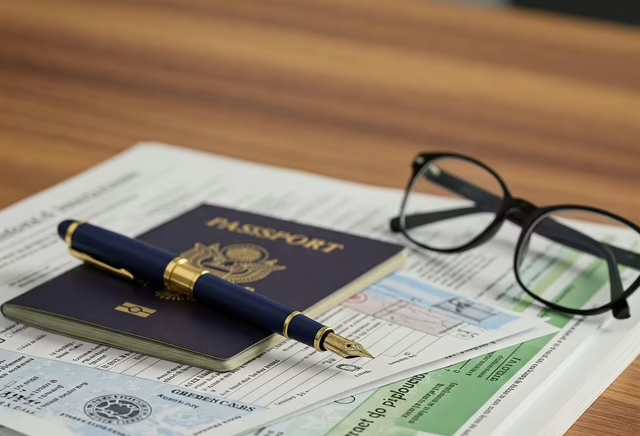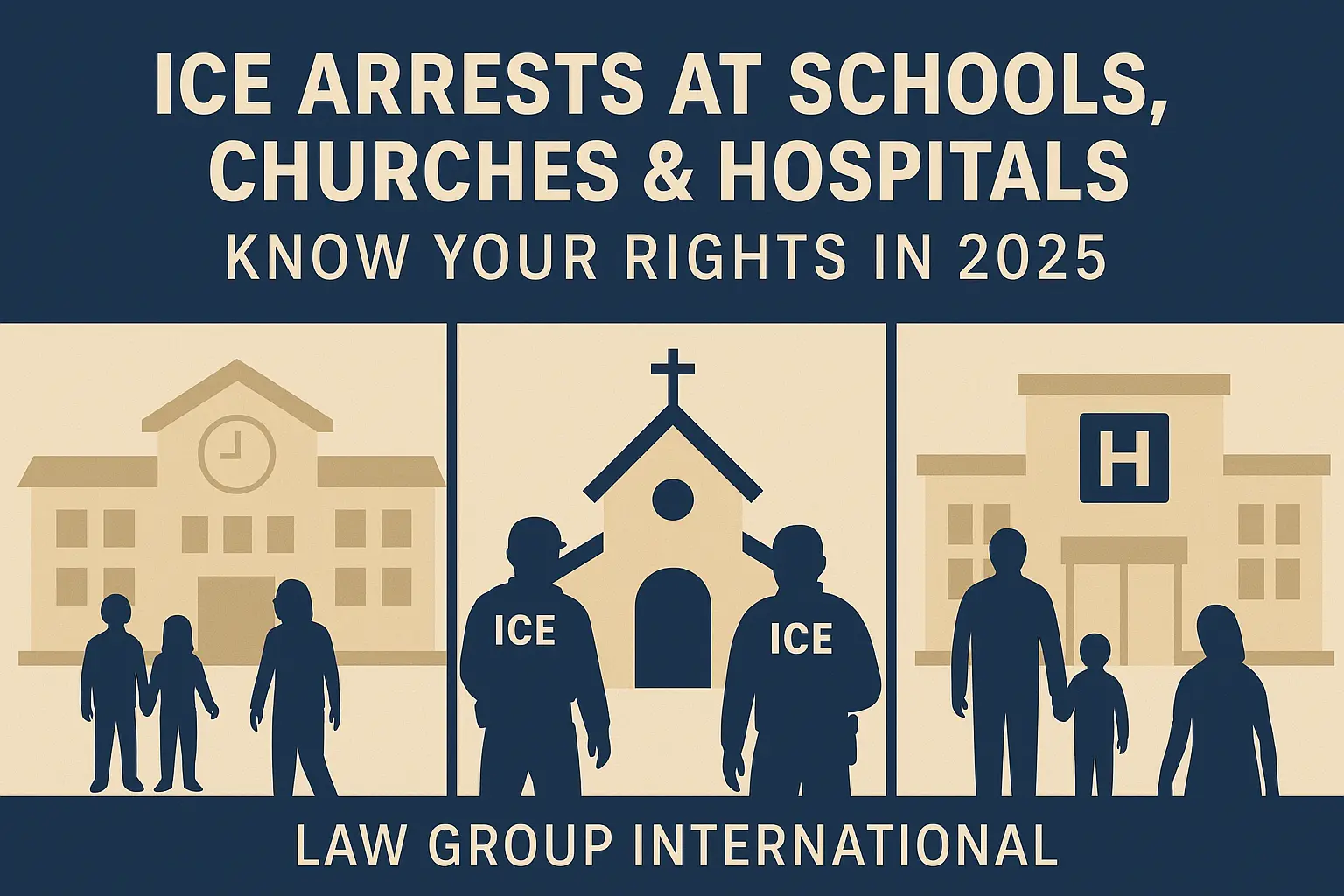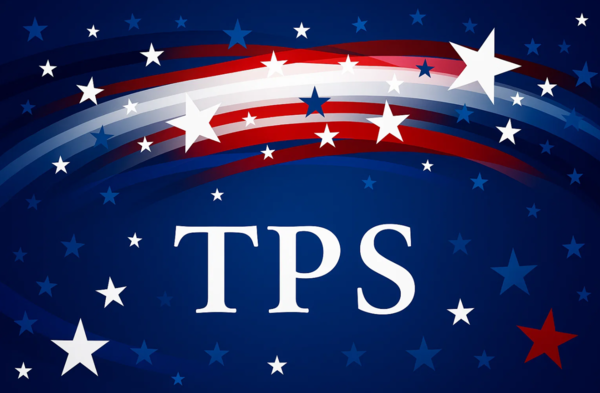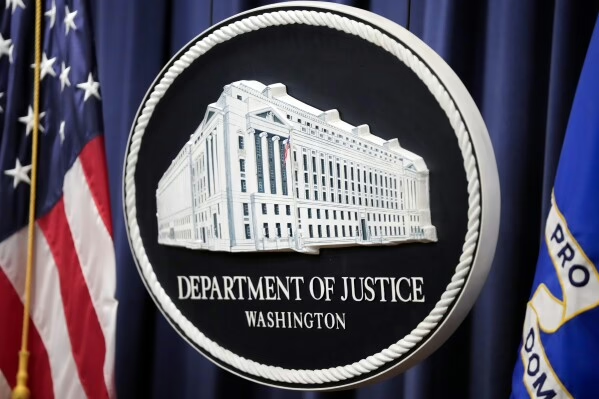Who needs to register? Understanding the new Immigrant Registry Rule
A new immigrant registration requirement introduced through recent policy changes now mandates that certain noncitizens residing in the U.S. register with federal authorities. This policy aims to track undocumented immigrants while enforcing stricter immigration compliance measures. However, not all immigrants are required to register.
Understanding who needs to register under the immigrant registry rule is essential to avoid penalties and ensure compliance. In this guide, we break down eligibility criteria, exemptions, and the registration process while providing guidance on legal protections for those affected.
For a broader look at the mandatory registration process for undocumented immigrants, including the steps to register and penalties for non-compliance, refer to our previous article: Mandatory Registration for undocumented immigrants: What you need to know

Background of the Immigrant Registration Requirement
Historical context and legal foundations
The requirement for noncitizens to register with immigration authorities has existed in some form for decades, with legal foundations rooted in U.S. immigration law. In the past, only specific noncitizens—such as visa holders and those adjusting their status—were required to register with U.S. Citizenship and Immigration Services (USCIS) (USCIS).
Under new policy changes, the scope of mandatory immigrant registration has expanded significantly. The Department of Homeland Security (DHS) now requires additional groups of undocumented immigrants to register, creating widespread concern among affected communities (Greenberg Traurig).
Who is required to register?
Not all immigrants are affected by this policy. Below are the groups that must register under the new rule:
General Eligibility Criteria
- Individuals aged 14 and older residing in the U.S. without legal status.
- Parents or guardians of minors under 14 who are also undocumented.
- Undocumented immigrants who entered the U.S. without inspection and have never had contact with federal immigration authorities.
- Individuals without any form of U.S. government-issued registration documentation (such as an alien registration number, work permit, or visa).
Failing to register within the designated time frame could lead to serious legal repercussions, including fines or deportation (Greenberg Traurig).
Who is already considered registered?
Certain groups of immigrants are already registered and do not need to take additional action. These include:
- Lawful permanent residents (green card holders).
- Individuals paroled into the U.S., even if their parole period has expired.
- Nonimmigrants issued Form I-94 or I-94W, regardless of their period of admission.
- Individuals with work authorization or pending adjustment of status applications.
- Those who have applied for lawful permanent residence, even if their applications were denied.
While these individuals do not need to register again, they are still required to carry proof of registration at all times (Wikipedia).

Registration process
Steps to register
For those required to register, the process follows these steps:
- Create a USCIS Online Account – Registration starts by setting up an account through the USCIS website.
- Complete the Registration Form – The form requires details such as full name, date of birth, country of origin, and current address.
- Provide Biometric Data – Applicants must submit fingerprints and photographs as part of the DHS immigrant registration process (USCIS).
Deadlines and timeframes
- Initial Registration: Noncitizens must register within 30 days of the policy’s effective date.
- Ongoing Compliance: Those who remain in the U.S. beyond 30 days must update their registration regularly.
Penalties for non-compliance
Failing to comply with the undocumented immigrant registration requirements could lead to severe penalties:
Civil and criminal penalties
- Fines of up to $5,000 for failure to register.
- Imprisonment of up to six months for individuals who refuse to comply.
Impact on immigration status
- Expedited Removal: Those who fail to register could be prioritized for deportation.
- Barriers to Immigration Relief: Noncompliance may affect eligibility for asylum, green cards, or work permits.
Legal considerations and support
Rights and protections
Despite the mandatory registration rule, undocumented immigrants have legal rights during this process:
- Right to legal counsel before submitting documents.
- Protection against unlawful detention or discrimination.
- Confidentiality provisions that limit how immigration agencies use registration information.
Seeking legal assistance
Because of the high stakes involved, it is strongly advised that individuals seek legal guidance before completing registration. Resources available include:
- Immigration attorneys specializing in compliance and deportation defense.
- Community organizations that provide free or low-cost legal aid.
- Accredited representatives who assist with USCIS processes (Greenberg Traurig).
How Law Group International can assist
At Law Group International, we provide trusted legal guidance to individuals navigating the immigrant registration process. Our experienced attorneys are ready to assist with:
Our immigration legal services
- Expert Immigration Advice: Understanding how this policy affects your status.
- Registration Assistance: Ensuring all paperwork is properly submitted.
- Legal Defense: Representation in cases of deportation due to noncompliance.
Contact information
For immediate legal assistance, contact Law Group International today:
-
Phone: +1 703-549-5445
-
Email: [email protected]
-
Website: https://lgilawyers.com/
Frequently Asked Questions about the new Immigrant Registry Rule
What happens if I don’t register in time?
Failure to register can result in fines, detention, or expedited deportation.
If I register, does it give me legal status?
No, registration does not provide legal status, but noncompliance can negatively affect future immigration applications.
Will registering protect me from deportation?
No, but registering may help individuals avoid additional penalties.
Should I consult a lawyer before registering?
Yes. An attorney can help ensure compliance while protecting your rights.
The new immigrant registry rule significantly expands mandatory registration for undocumented immigrants. Knowing who needs to register and taking proactive steps to comply is critical for protecting your future in the U.S.
If you or a loved one are affected, Law Group International is here to help. Contact us today for expert legal support tailored to your situation.
Explore More Immigration Topics
Birthright Citizenship and Executive Orders
May 5, 2025
Immigration Crackdown 2025
April 5, 2025
How to Navigate Trump’s Expanded Expedited Removal Process
February 23, 2025
Habeas Corpus and Immigration
March 2, 2026









